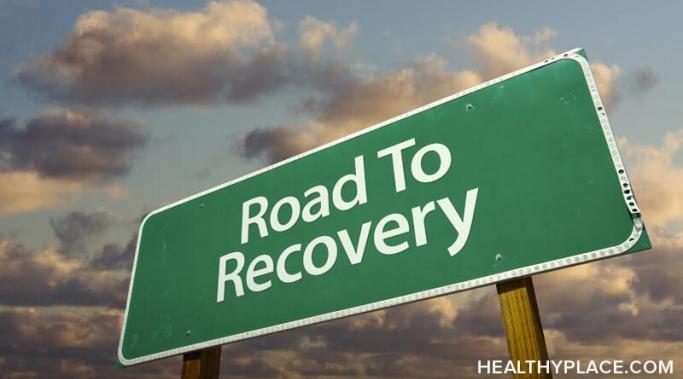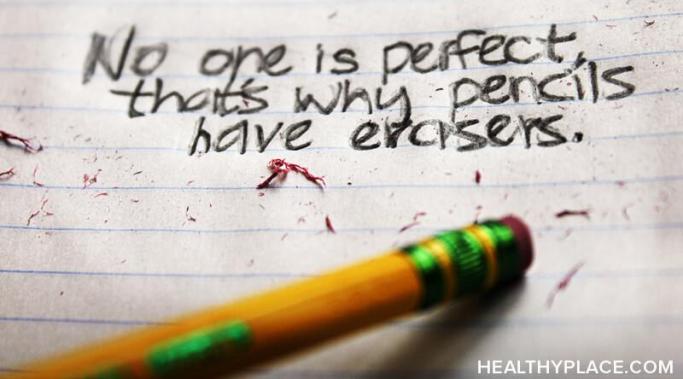For almost a year, I have been going to therapy to work through the trauma associated with the debilitating episodes of acute panic and anxiety I suffered late in the summer of 2021. In recent weeks, I have been practicing my anxiety-mitigation strategies and testing my resilience to anxiety triggers in preparation for a return to the location where the apex of the episodes occurred. With extreme gratitude, I'm happy to say that revisiting the place was a tremendous success.
Anxiety-Schmanxiety
I've considered suicide in the past, several years ago. More recently, I've had disturbing intrusive thoughts. Having experienced—and survived—both, I know how intrusive thoughts can easily bleed into thoughts of suicide. (Note: This post contains a trigger warning.)
On August 10, 2022, I wrote about how I reached a milestone in my trauma recovery, specifically, how I managed through a potentially high-triggering event without incident. The most significant milestone will arrive this weekend when I return to where the worst part of the trauma occurred. I'm trying to be proactive in my preparations by taking stock of the panic- and anxiety-mitigation tools I have at my disposal.
Setting healthy boundaries for myself has always been difficult. Saying "no" just isn't in my wheelhouse. I struggle with the fact that I need to be perfect and please everyone.
Almost a year ago to the day, I crashed headlong into weeks of crippling panic and anxiety attacks that left me terrified and traumatized. I sought out and found a trauma therapist who could help me get beyond the trauma so I could be myself and get back to living. I'm delighted to say that last week, I reached a significant milestone in my trauma recovery.
It's been over a year since I said goodbye to my sweet pup, Cannelle, a cocker spaniel. I adopted her when she was 18 months old and was blessed to have her by my side for 13 years. Throughout that time, Cannelle helped me in ways that she, of course, could not comprehend. My pup helped me through bouts of mental illness, among other things.
Like most people, when I'm having a hard cry—which can be very emotional, sometimes overwhelming—I do a double intake of breath. It's like a hiccup, but not. My therapist told me that this is called the physiological sigh and that it helps reduce stress by balancing oxygen and carbon dioxide levels in our bodies.
I've never considered myself a perfectionist. My handwriting is messy, and my closet is cluttered. I can't cook or draw. I sing off-key, and I can't visualize. As a flawed human being, I accept imperfection. Why, then, does my anxiety spike, and I feel as though I am to blame when things go wrong or when I perceive myself as having disappointed others?
I am a relatively healthy person, apart from having anxiety and the physical symptoms associated with it. I'm lucky. Like a lot of people, I take my physical health for granted. Sure, I try to eat right and exercise almost daily, but on the whole, I go about my days assuming my health will continue to serve me as it has. Very recently, however, I heard from my doctor that I need a special test because cancer is suspected. Managing my anxiety while waiting to undergo medical tests has become my latest challenge.
As of this writing, I basically live alone. My family is scattered around the country, and though I have a good amount of friends, none live close. For a while, I've been debating whether or not this living situation is healthy or sustainable in the long run but deciding where to live is stressing me out.









